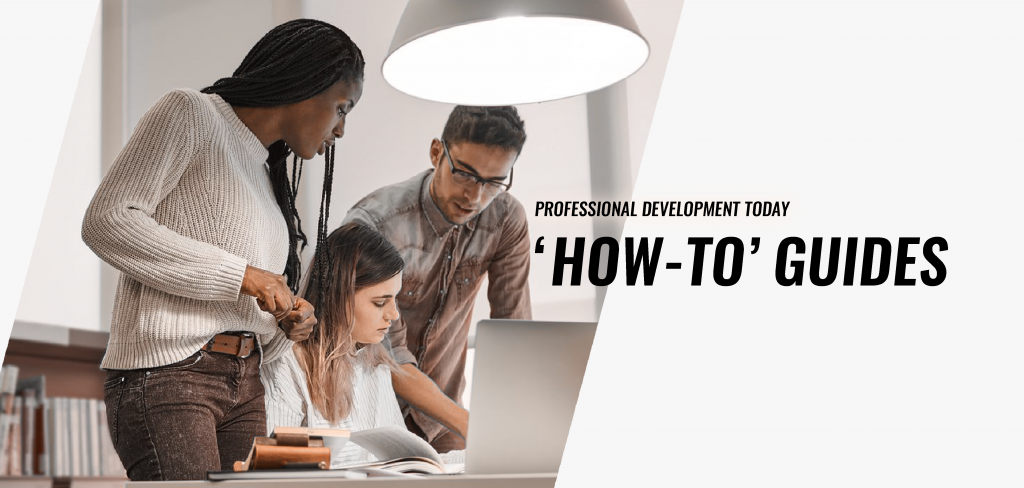
Learning environments and knowledge creation
A second fundamental idea underpinning the RLC approach is that in order for evidenced informed practice (EIP) to become a meaningful way of life, practitioners need to engage with research in effective learning environments (Brown et al., 2016). Such learning environments are represented by Professional Learning Communities (PLCs). Increasing evidence suggesting that, when done well, the type of learning that is typically facilitated within PLCs can lead to improvements both in teachers’ practice and student outcomes (Stoll et al, 2006; Harris and Jones, 2012). The nature of this learning activity is encapsulated by the idea of knowledge ‘creation’ (Stoll, 2008). This concept spotlights the ways in which the development of practically useful and contextually pertinent knowledge can result when the producers of academic research and the holders of practice based knowledge, come together share what each group know. To successfully create new knowledge, PLC participants need to take part in facilitated ‘learning conversations’: conversations structured to help teachers make sense of various forms of evidence in order to drive real changes in student learning (Earl and Timperley, 2008; Stoll, 2012).
Research Learning Communities build on the PLC approach: but while learning conversations in PLCs have traditionally been viewed as an activity that takes place within schools, RLCs employ a networked learning conversation model. Here participants from a number of schools come together to learn, with this learning focused on tackling common issues related to teaching and learning. The RLC approach is also distinctive in that it maintains an explicit focus on learning from and building upon existing academic research. As a result, the knowledge creation activity within RLCs necessarily has to centre on learning conversations between the practitioner-based knowledge held by teachers from a number of different sites and academic knowledge, with research/theory bought to the fore and made an equal partner with practitioner knowledge.
Intervention, trial and refinement
As well as engage meaningfully with research to develop innovations or new practices, however, practitioners also need to develop expertise in the use of these interventions. Such expertise stems from the application of these practices and, correspondingly, their ongoing trial and refinement. Of particular relevance is Flyvbjerg’s (2001) argument that individuals can only become true experts as a result of continuously engaging in ‘real life performances’. By this Flybjerg means that expertise comes from individuals’ increasing recognition of different situations and how best to employ new practices or innovations in response (i.e. in order to achieve their desired impact).
Similarly, Nonaka and Takeuchi’s (1995) notion of knowledge creation suggests that internalizing new knowledge through repeated use ensures that it becomes tacit and thus employed more effectively. The implications of both Flyvbjerg’s (2001) and Nonaka and Takeuchi’s (1995) perspectives being that learning conversations in RLCs need to have included within them strong elements of practical application. In other words once new knowledge has been created it must be regularly used in order for it to have long lasting beneficial impact on the way teachers engage in teaching and learning activity (this is covered in the next ‘how to’ guide).
Knowledge creation is a way of bringing together what teachers know – their practical and contextual knowledge - with what research suggests might be effective. Knowledge creation thus enables teachers to combine these two sets of knowledge to create contextually appropriate teaching strategies that build on established approaches, but are also likely to be successful in their school or classroom.